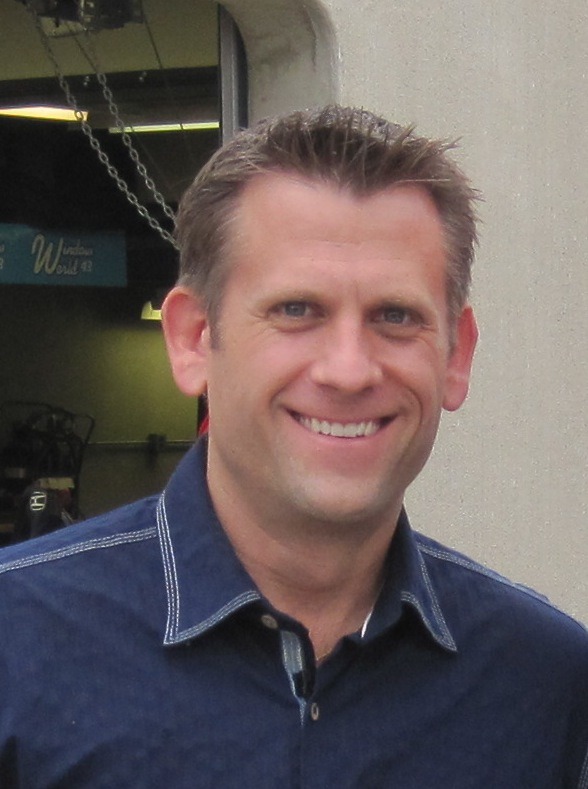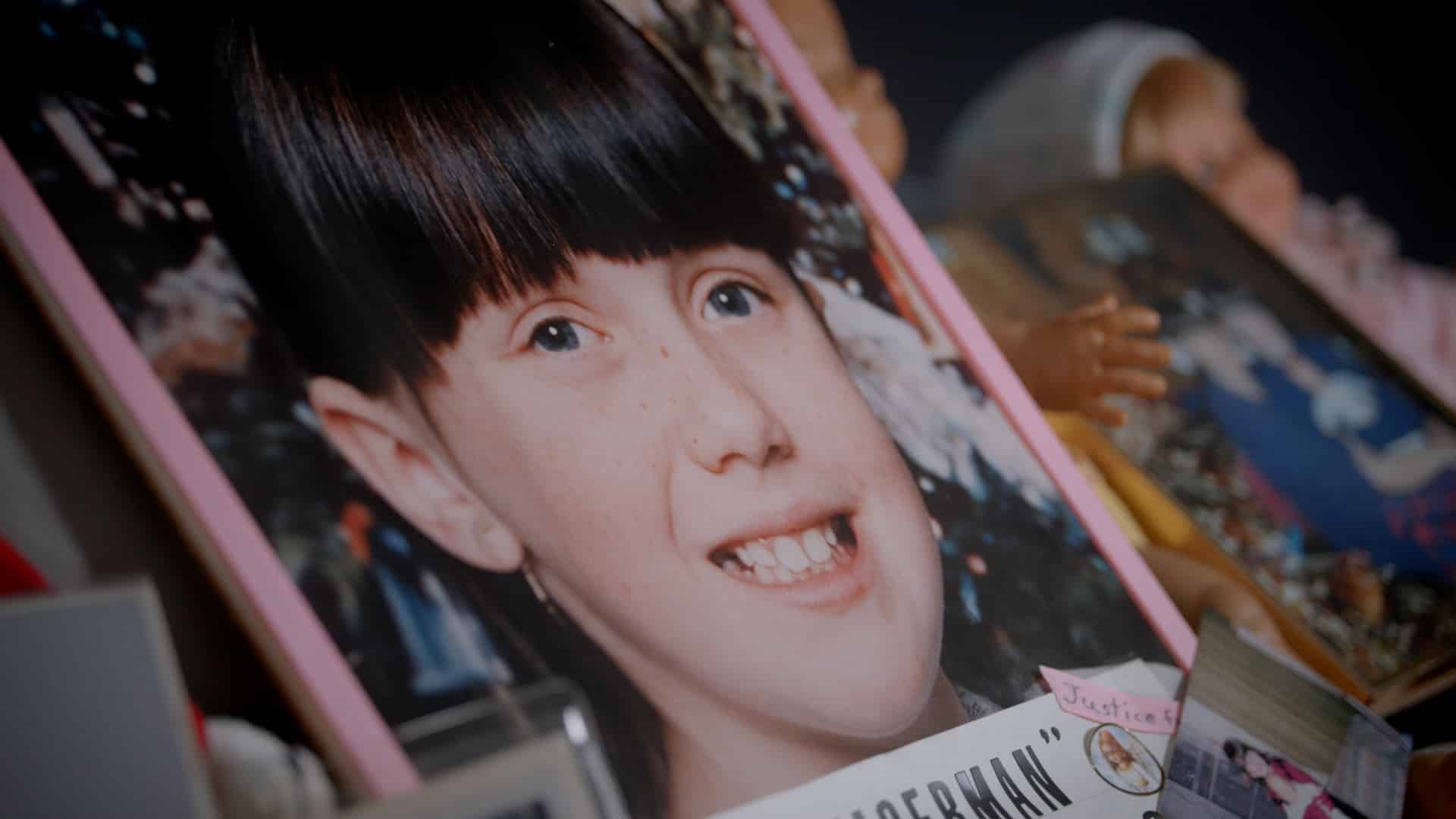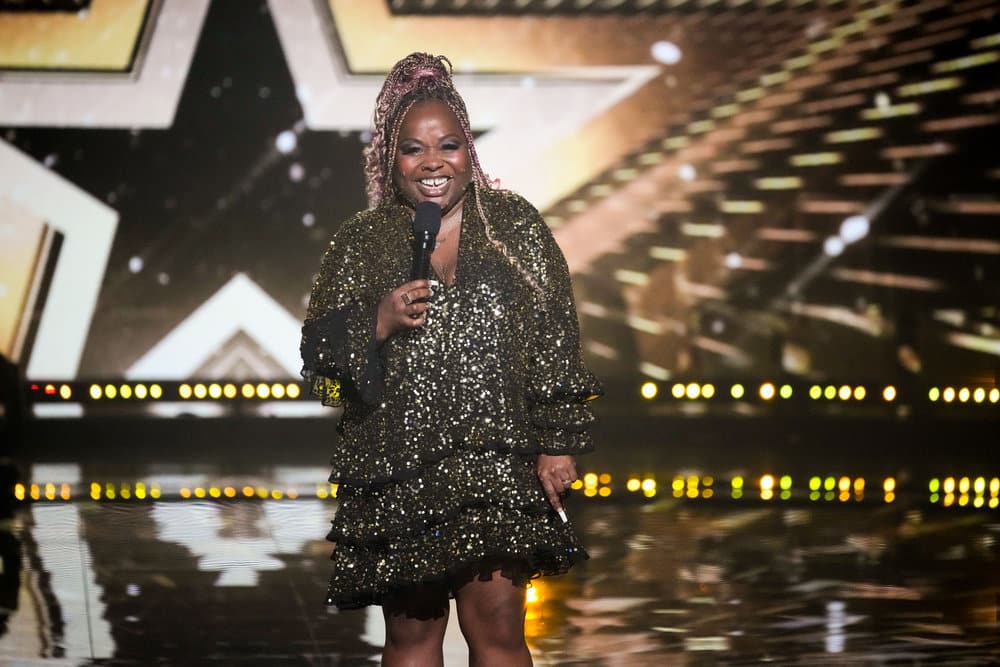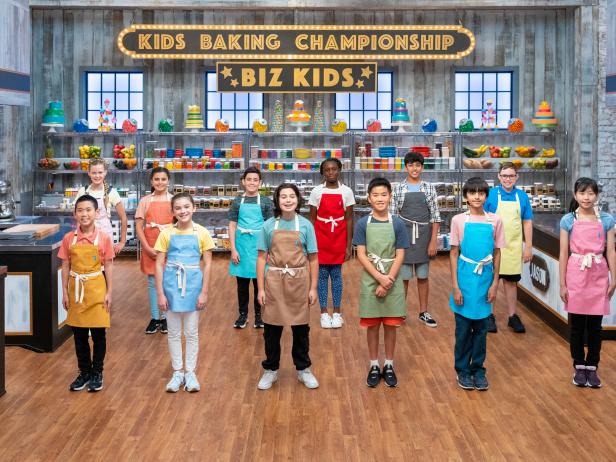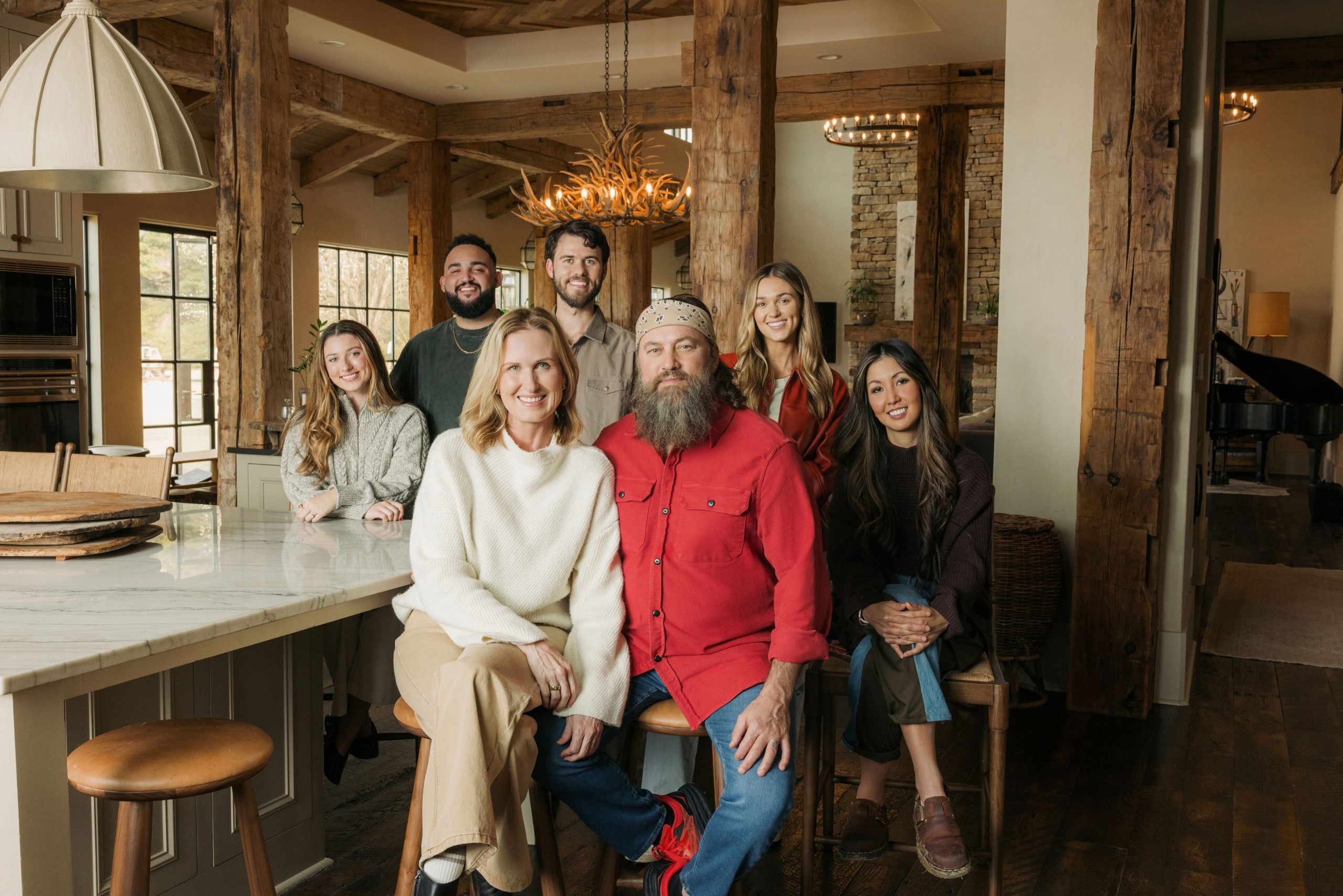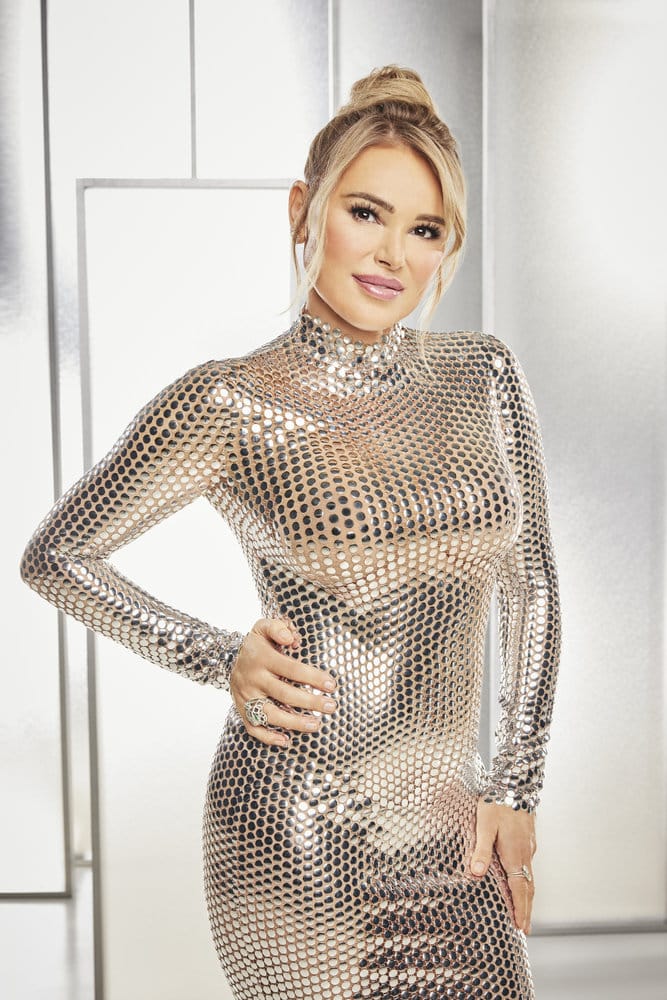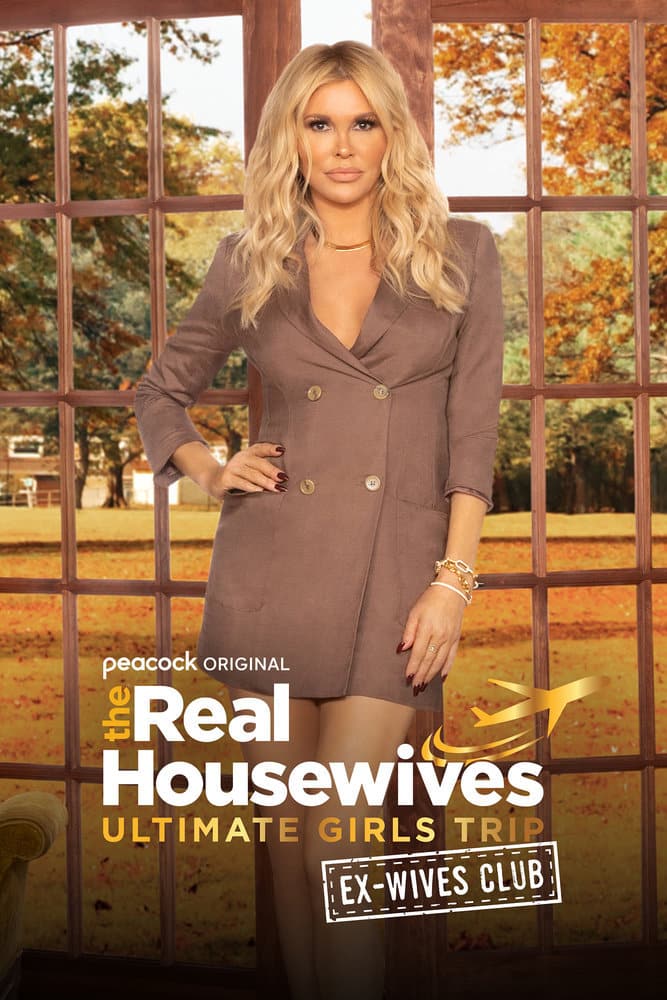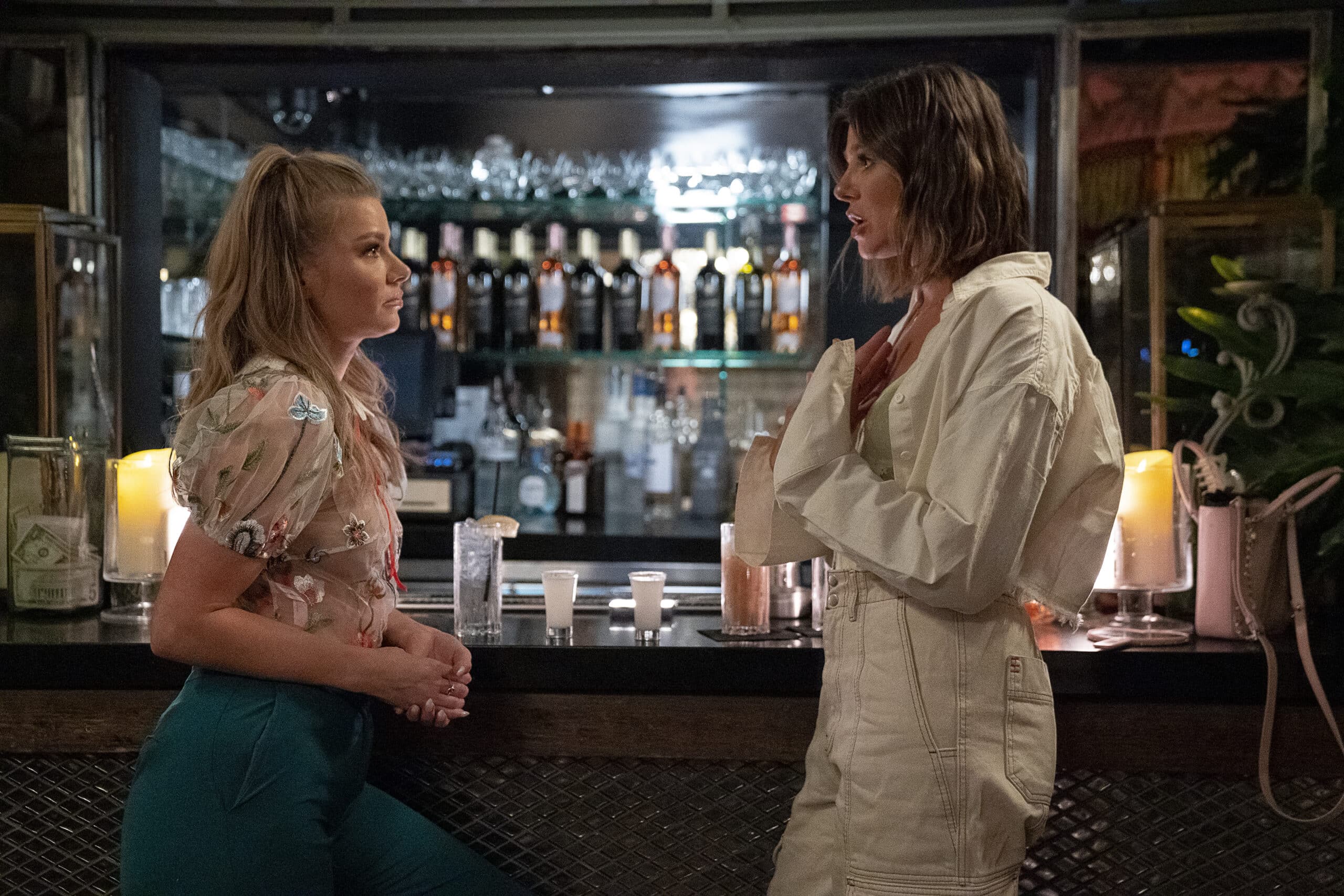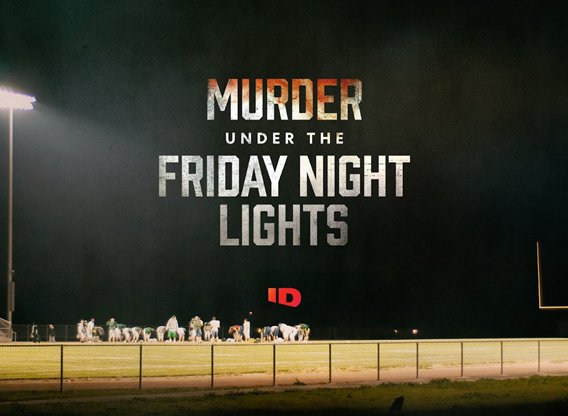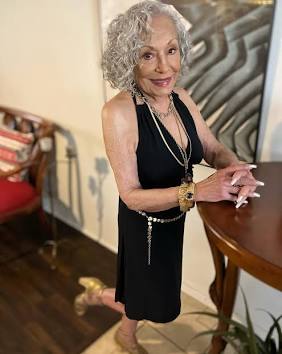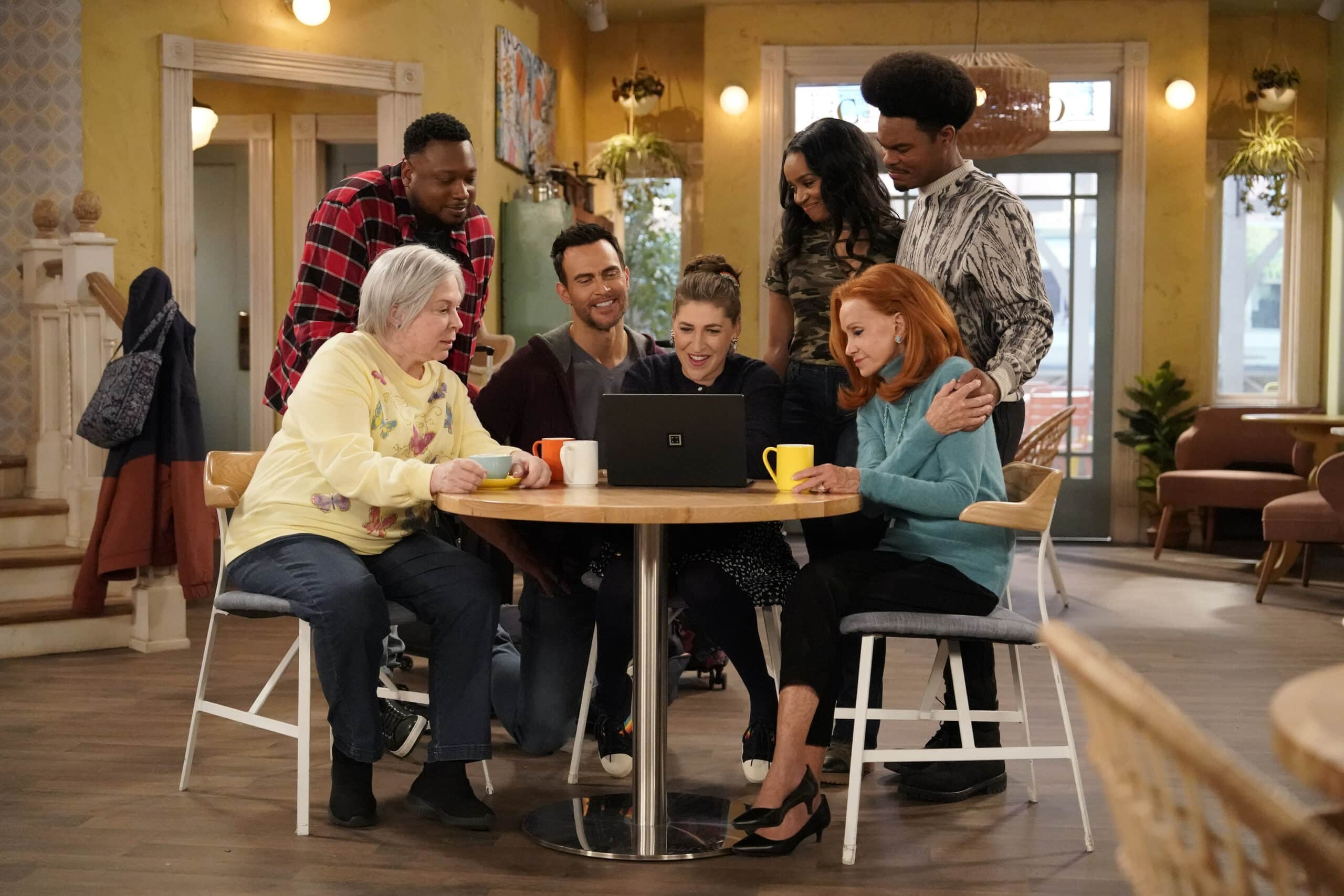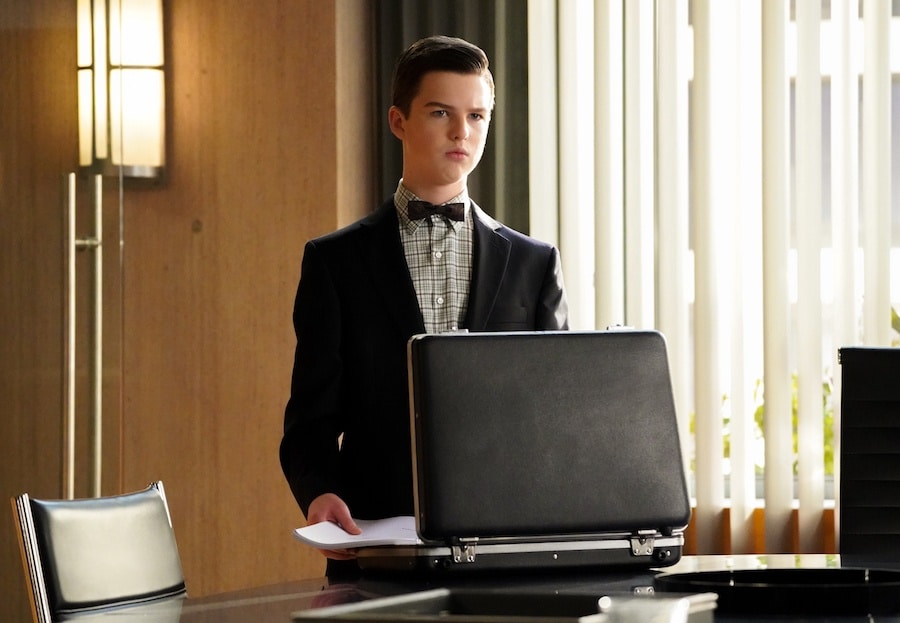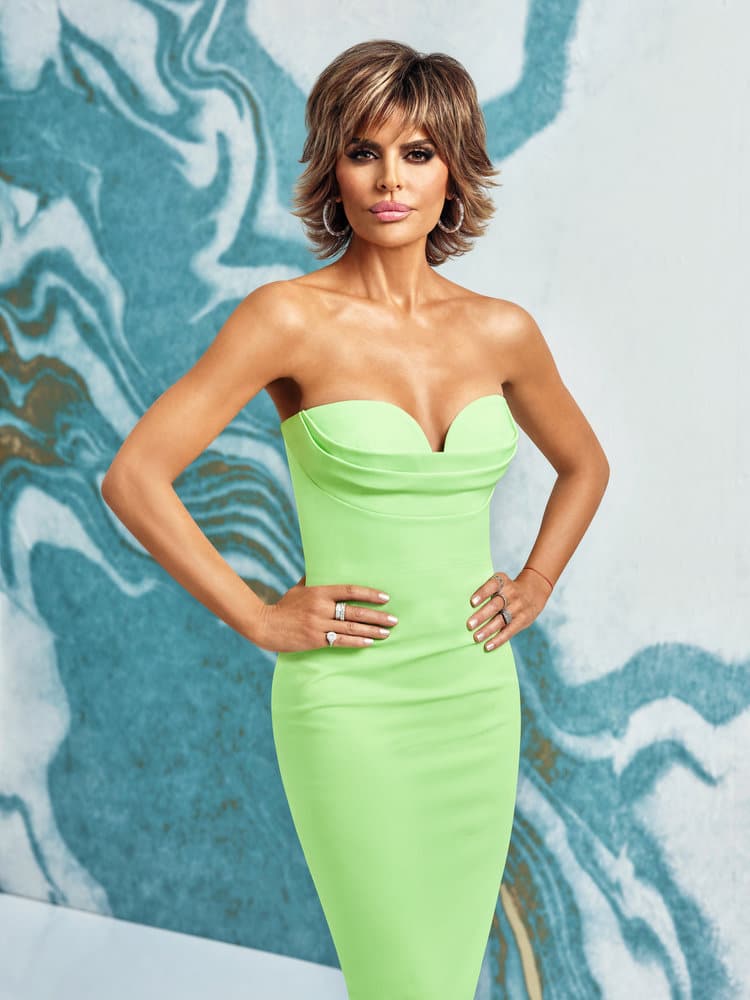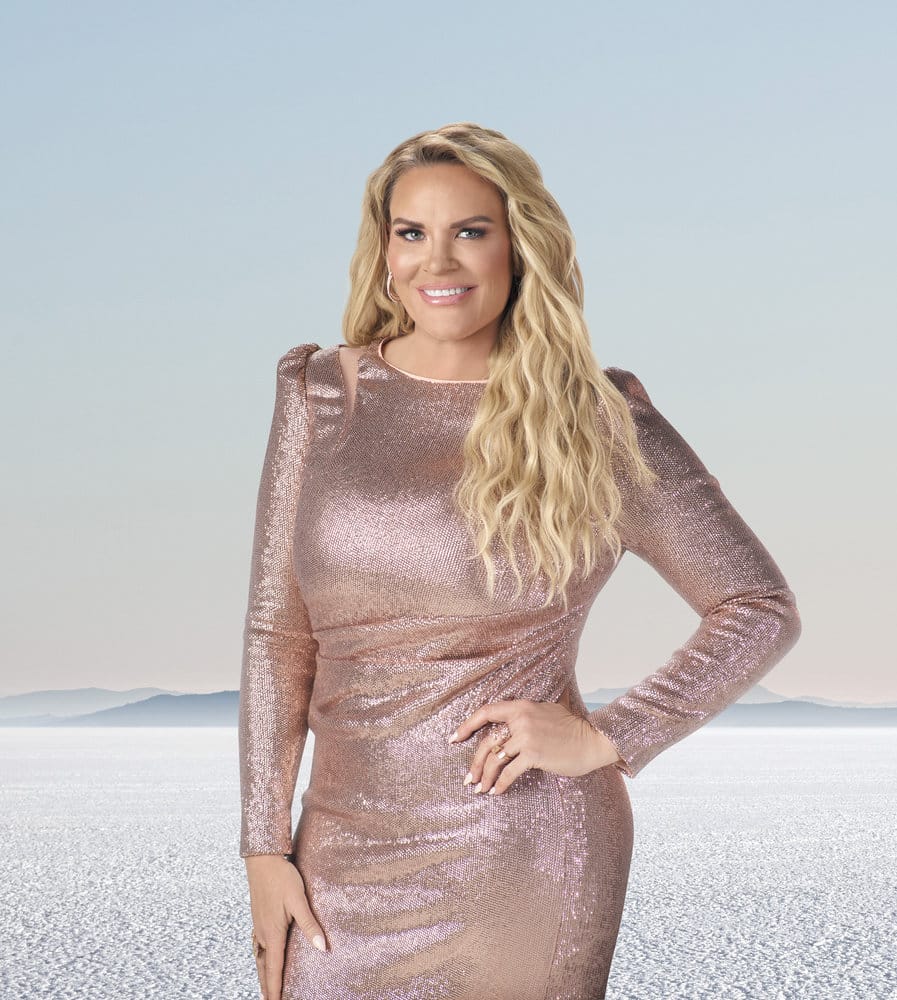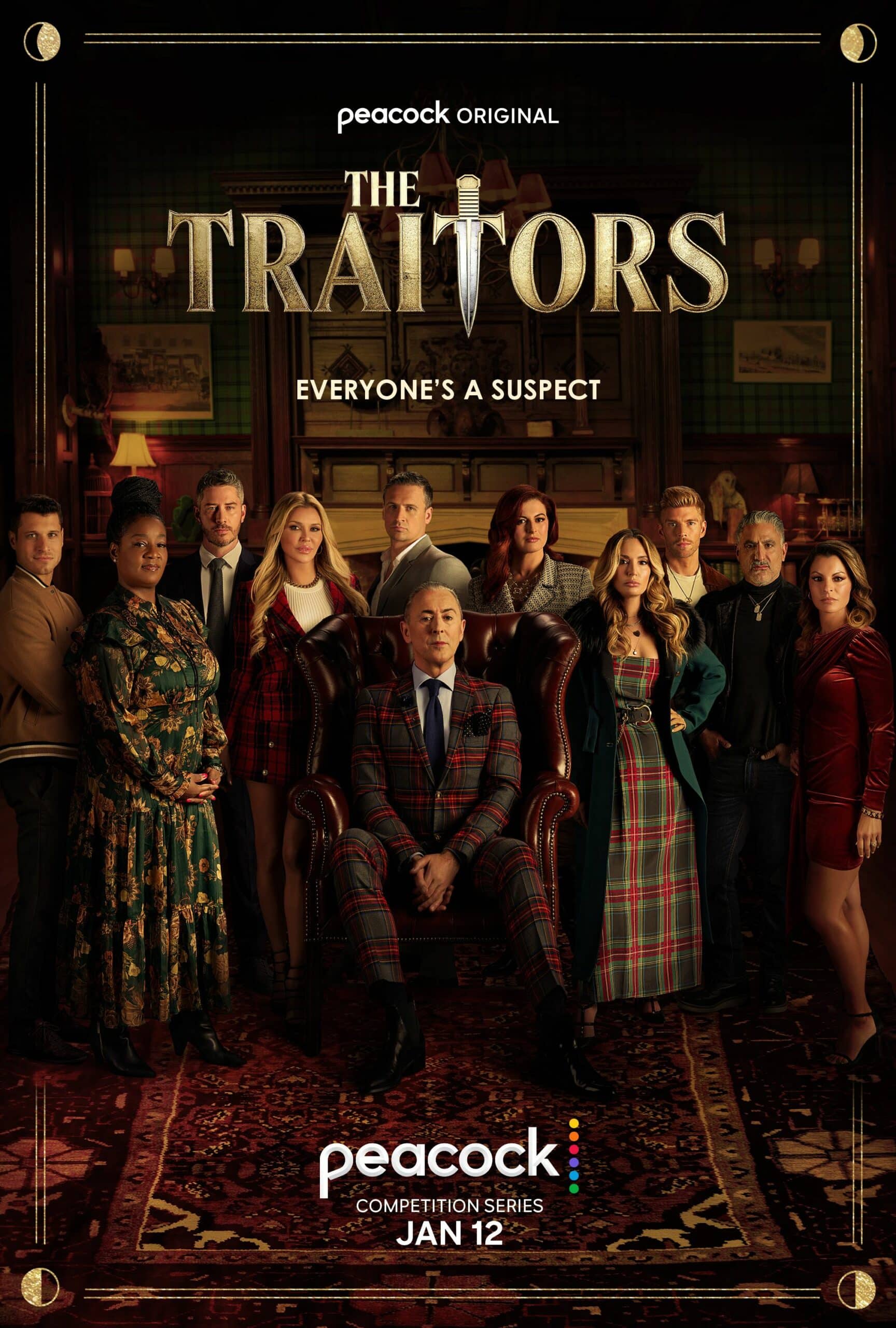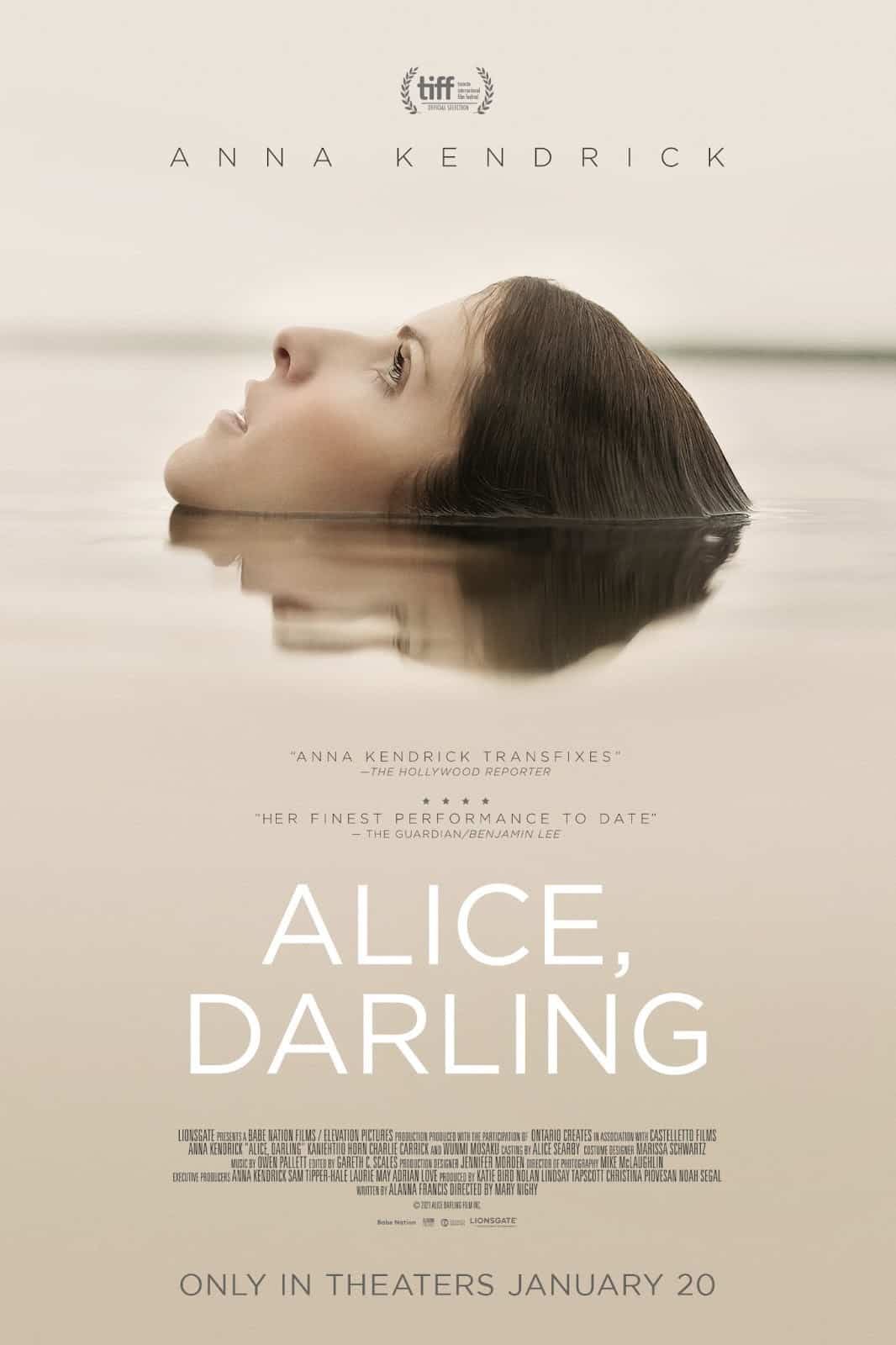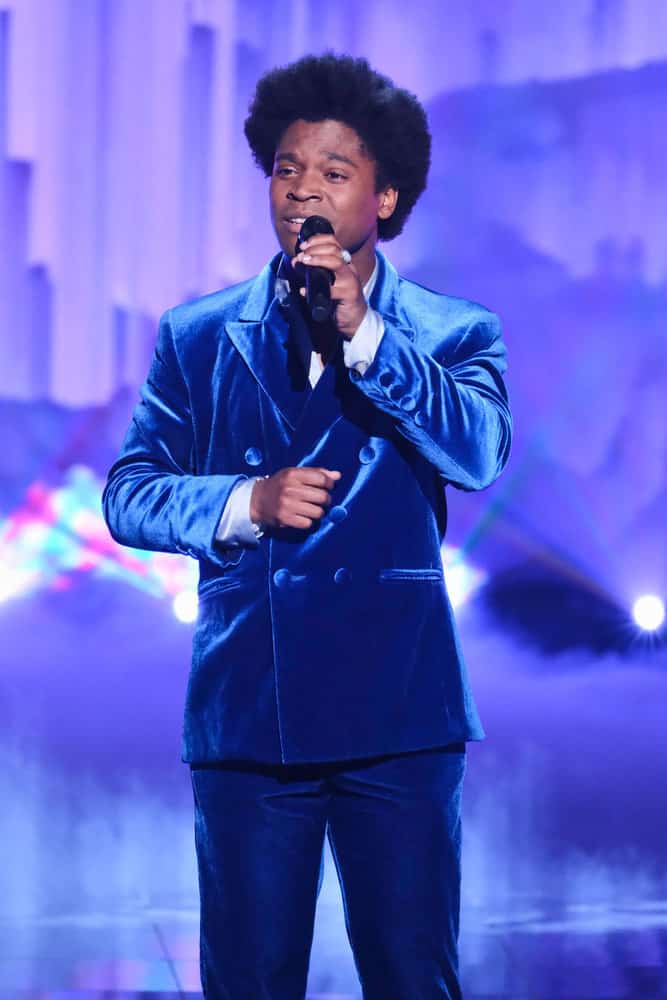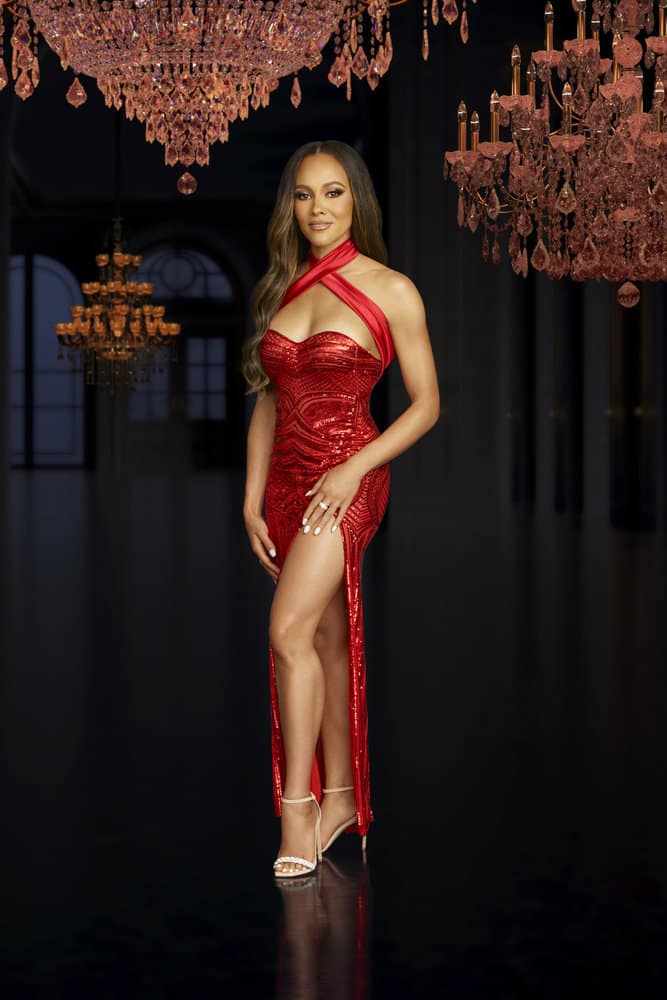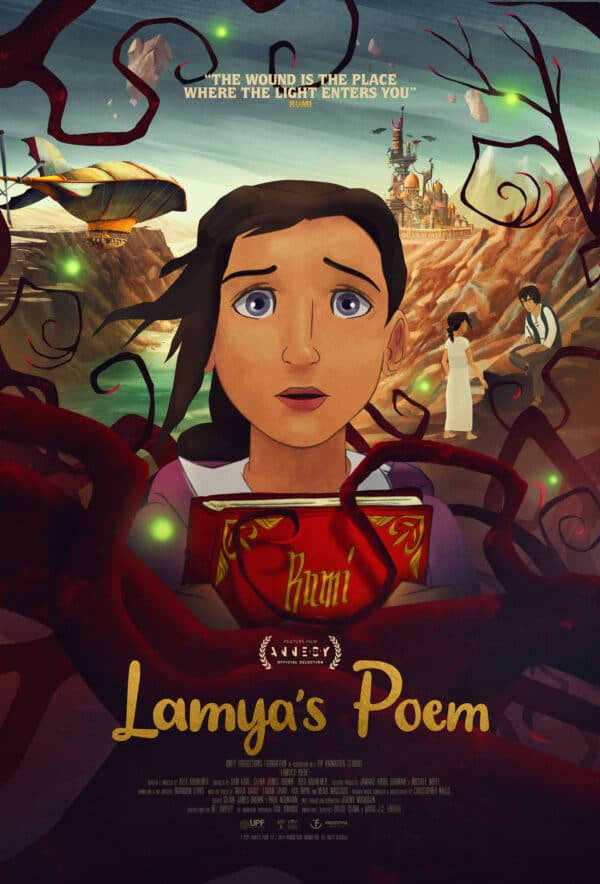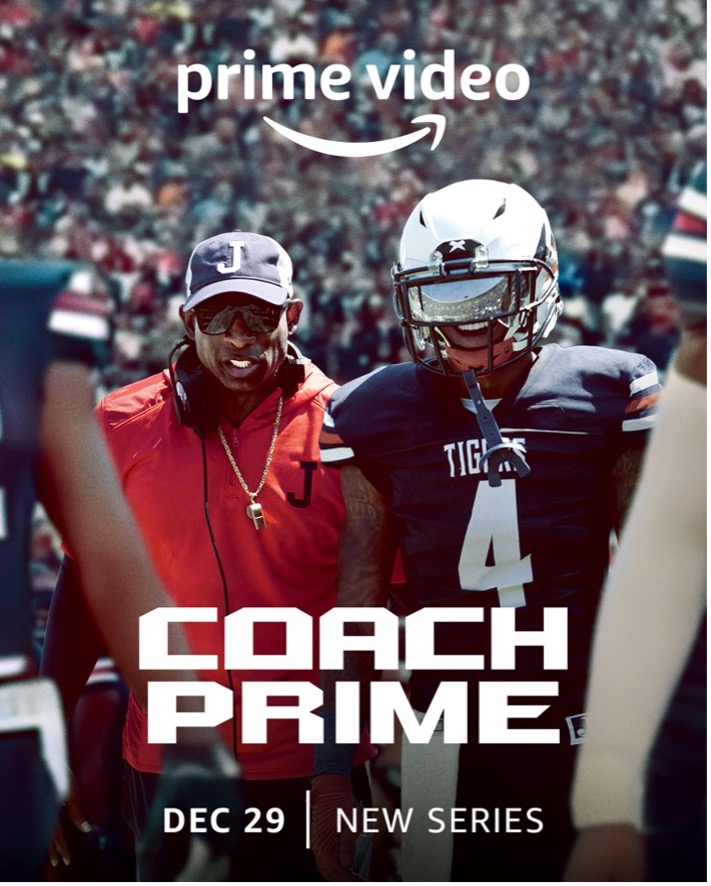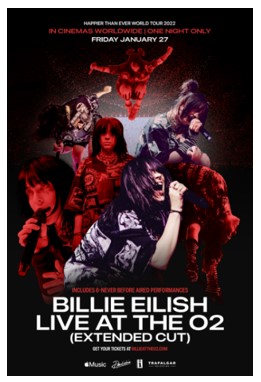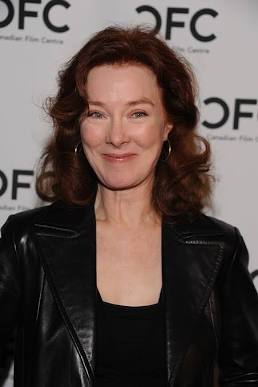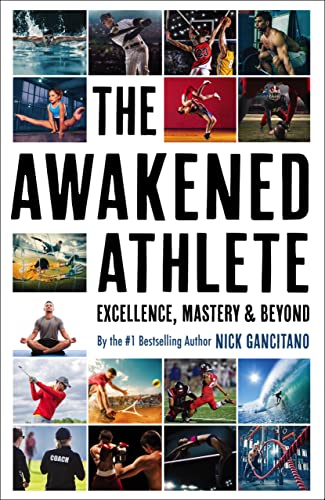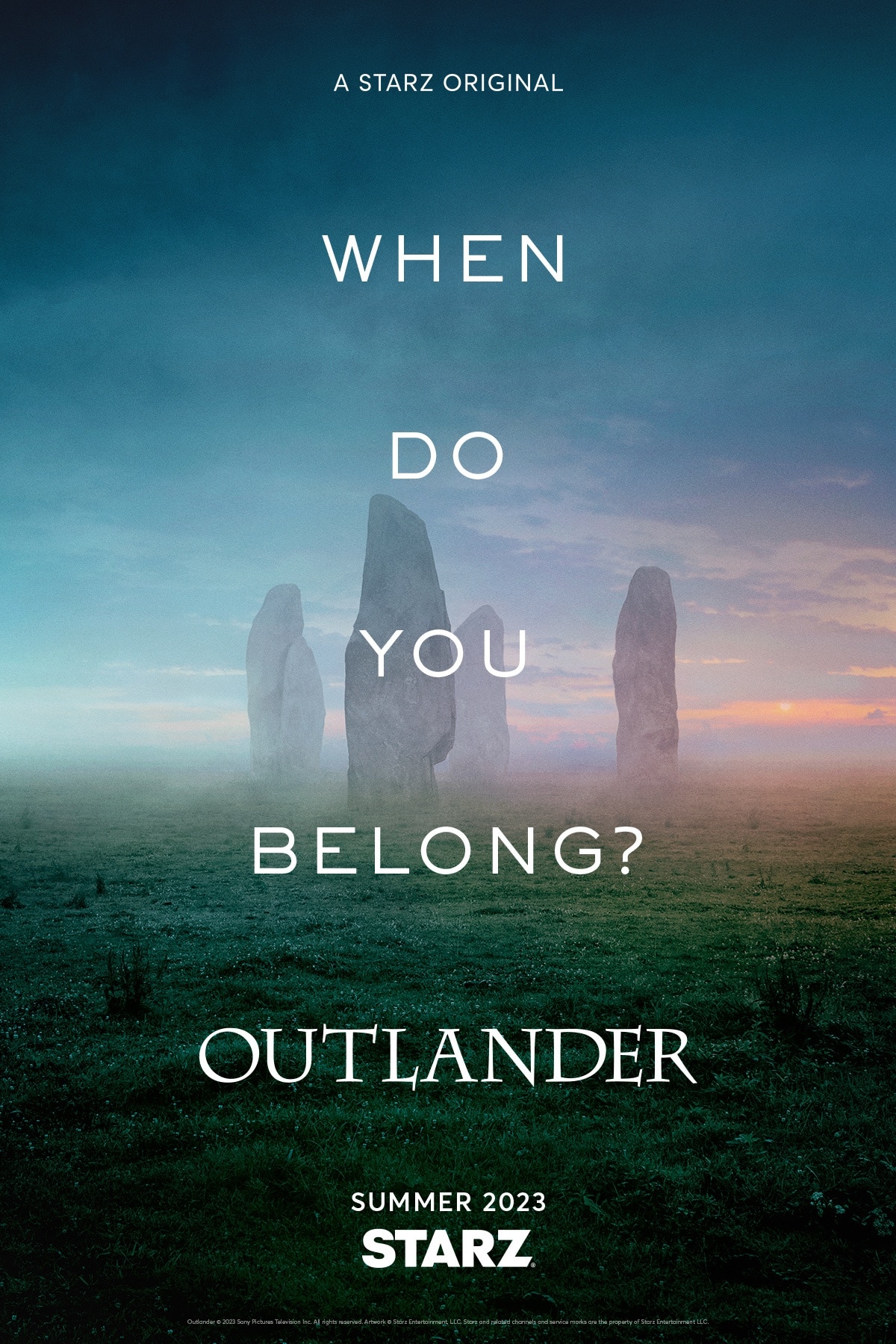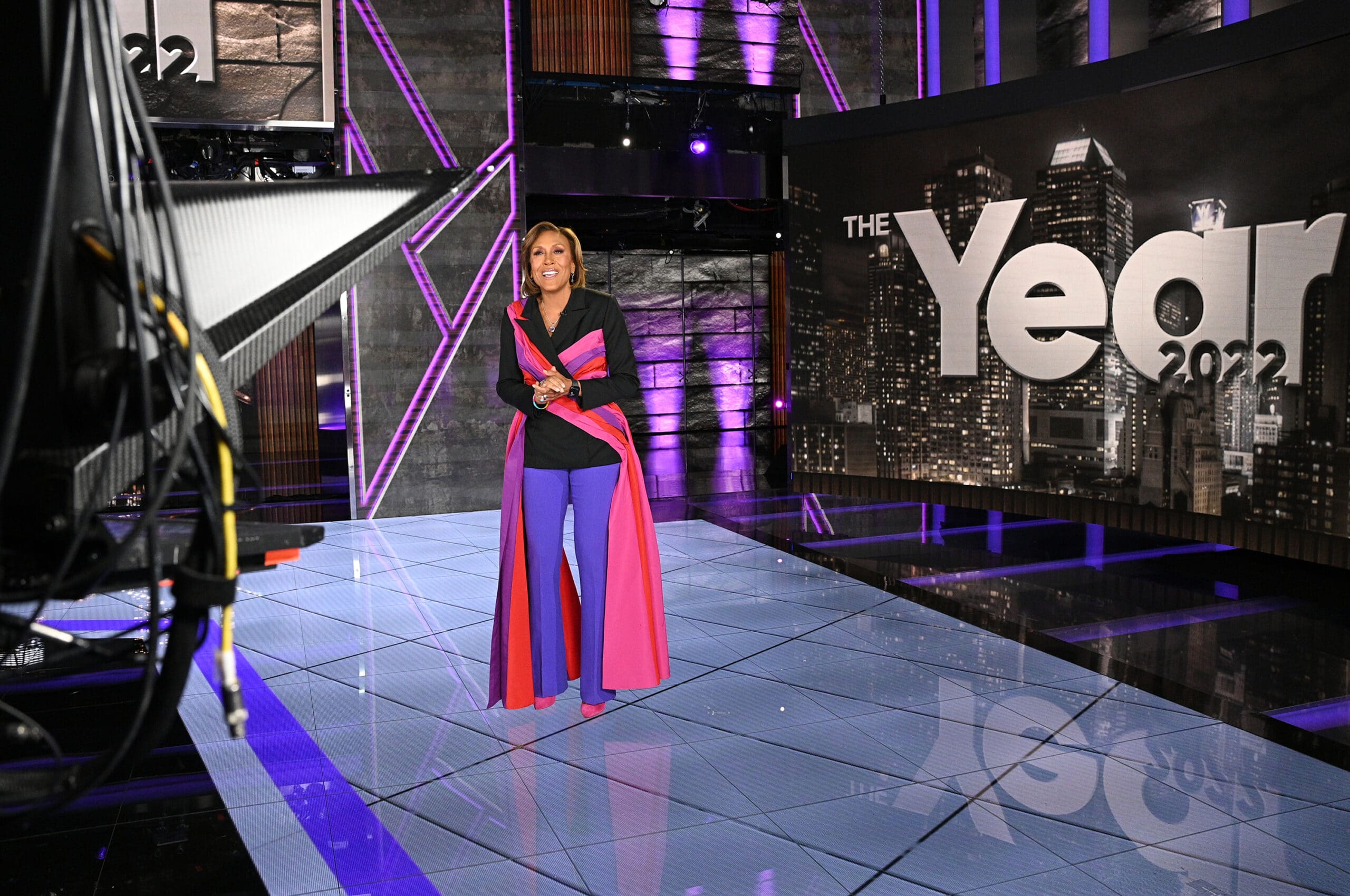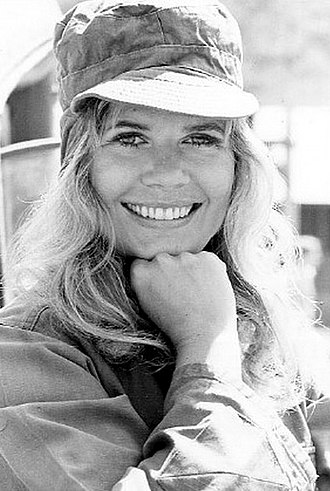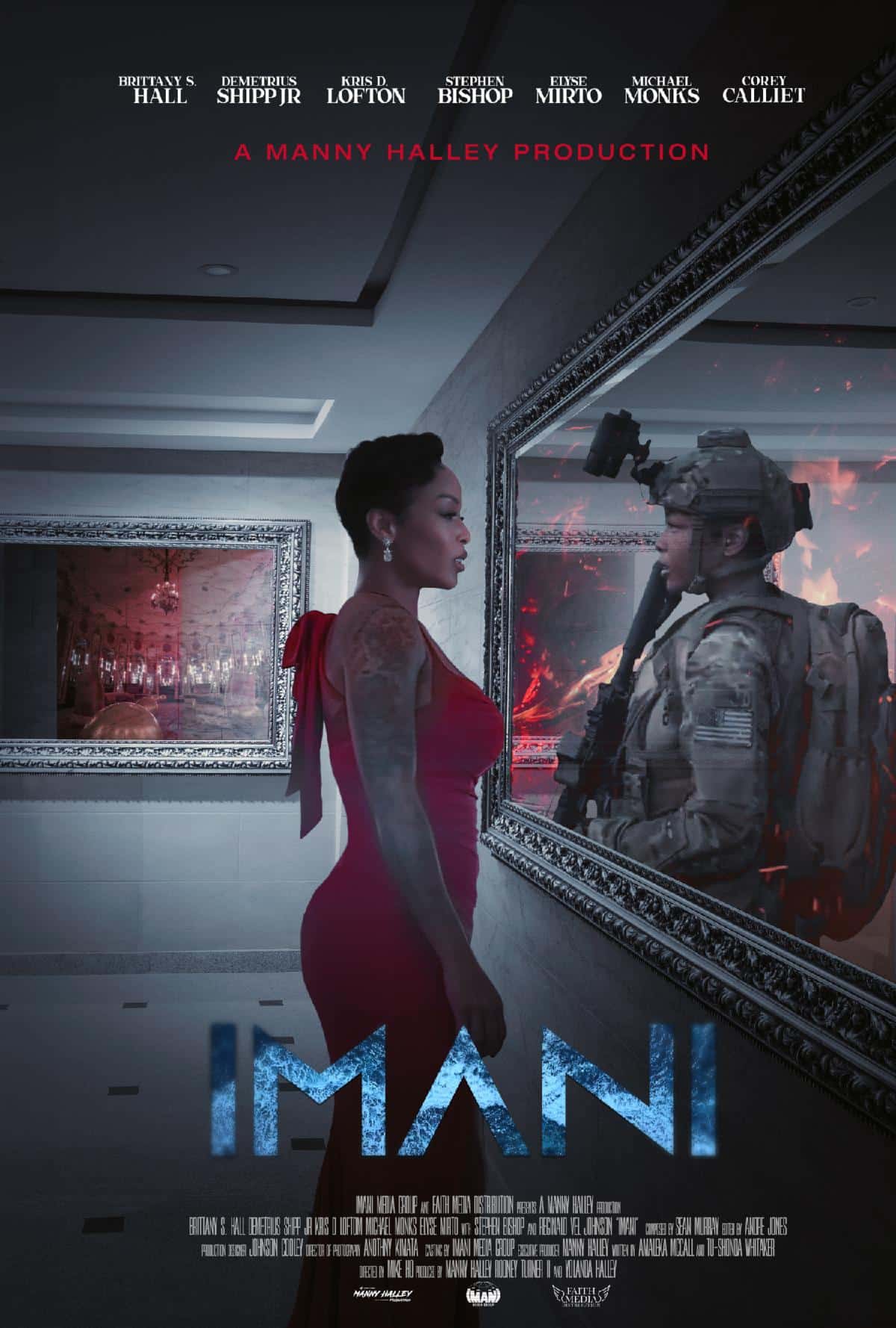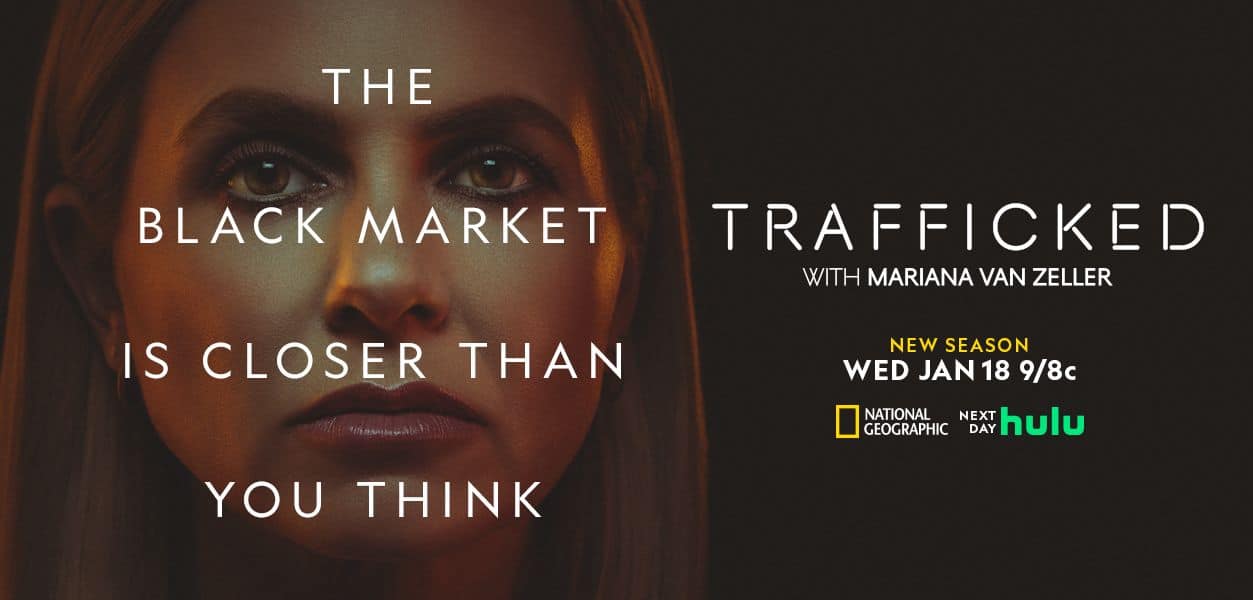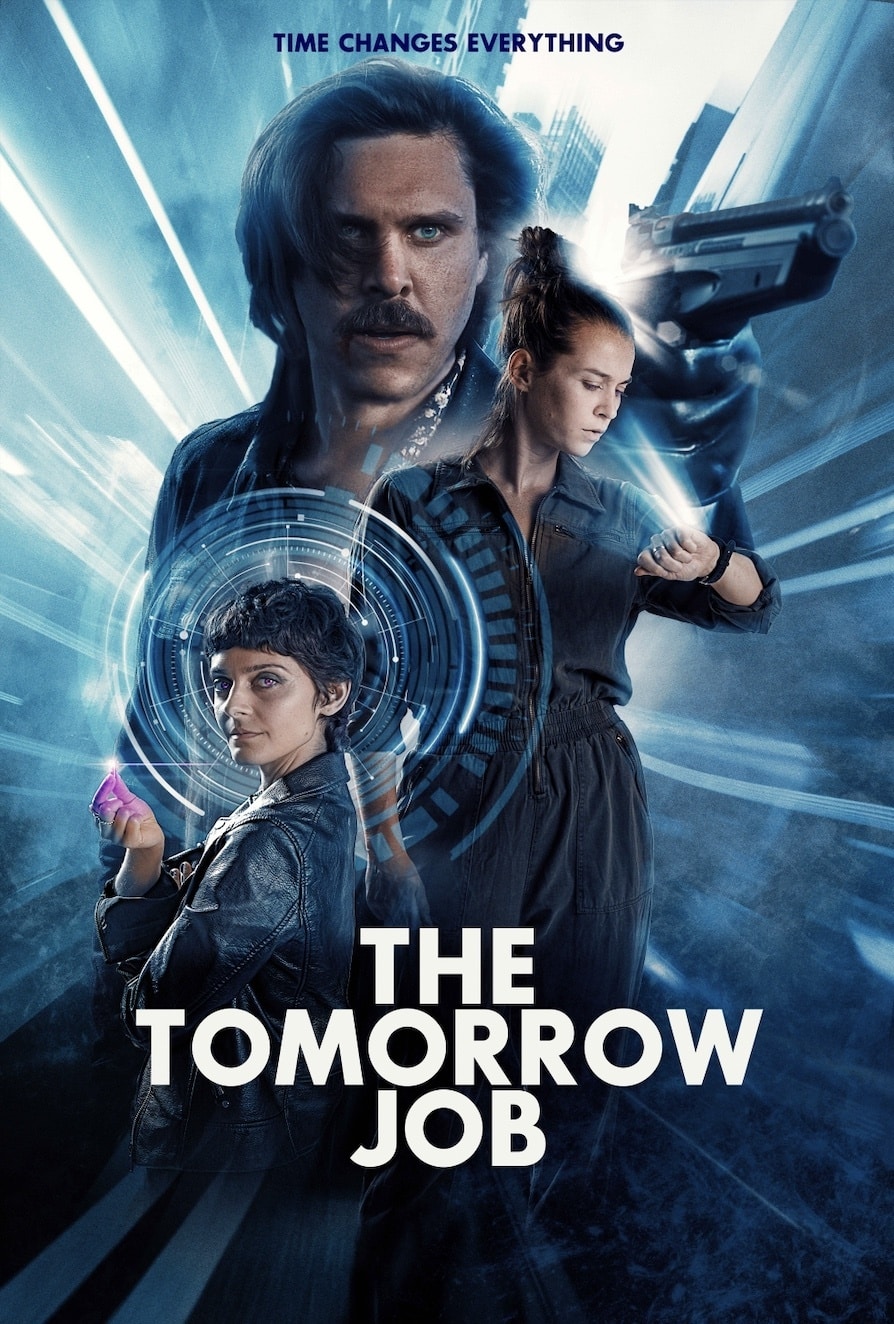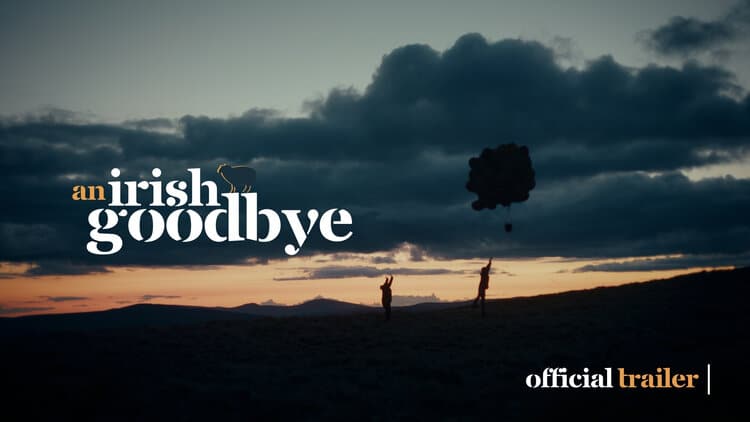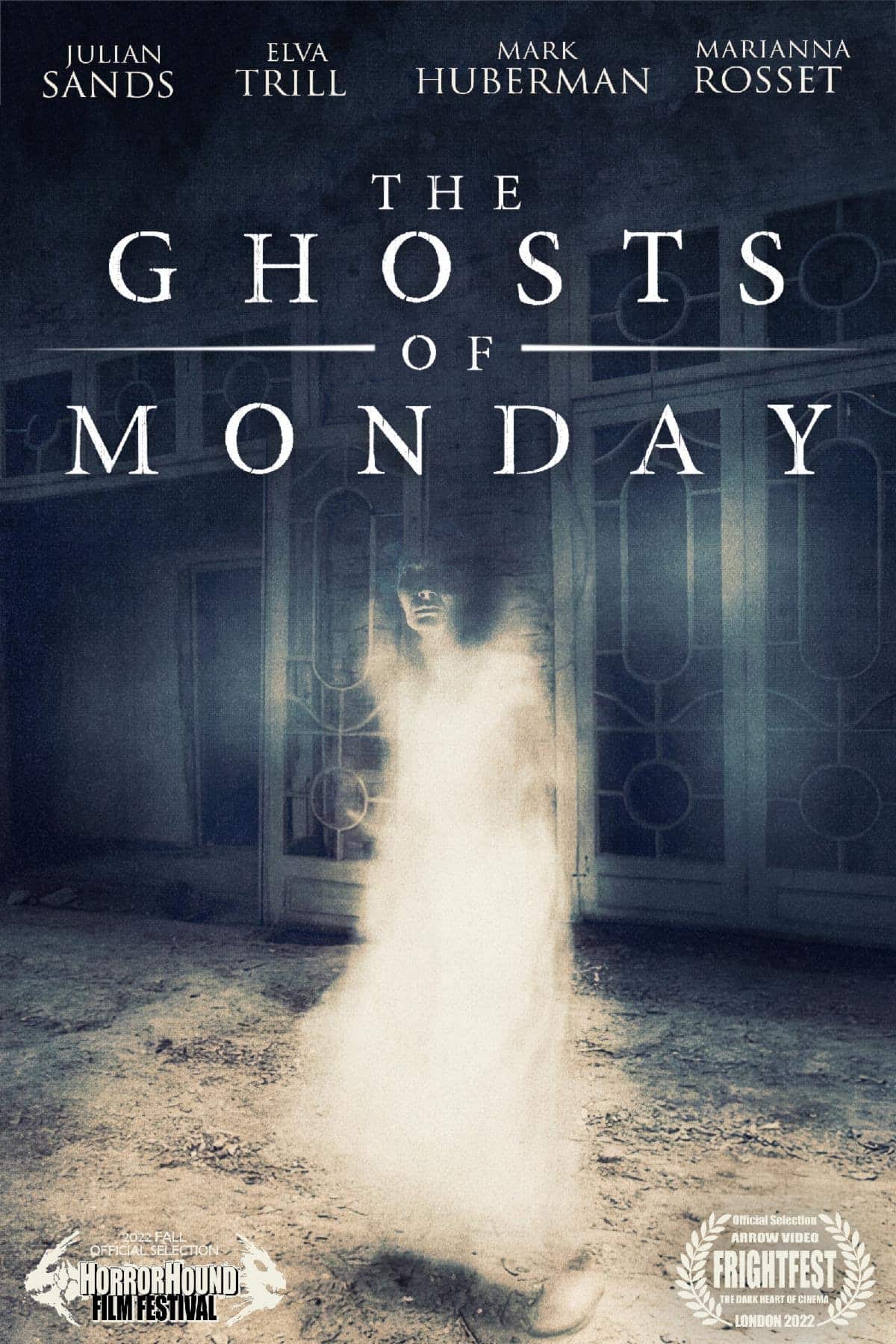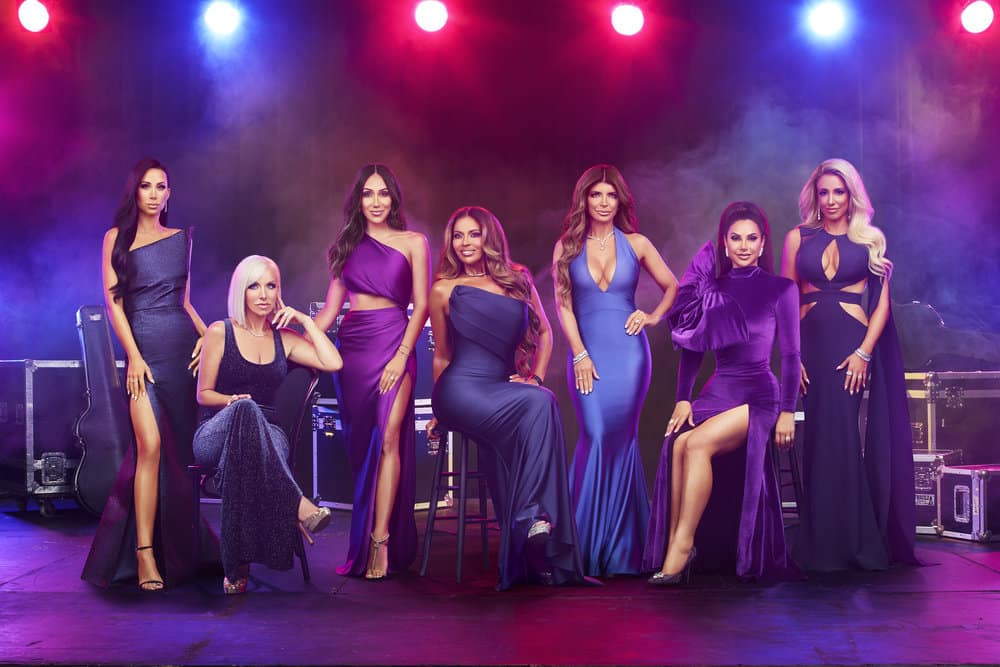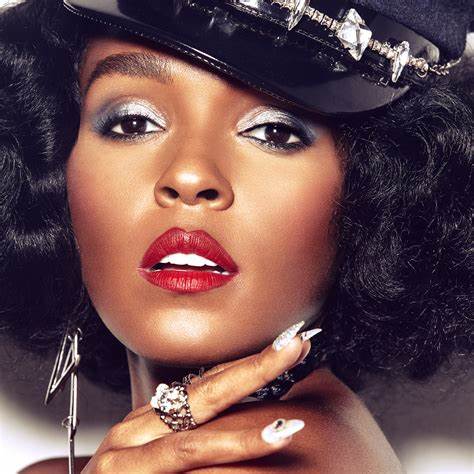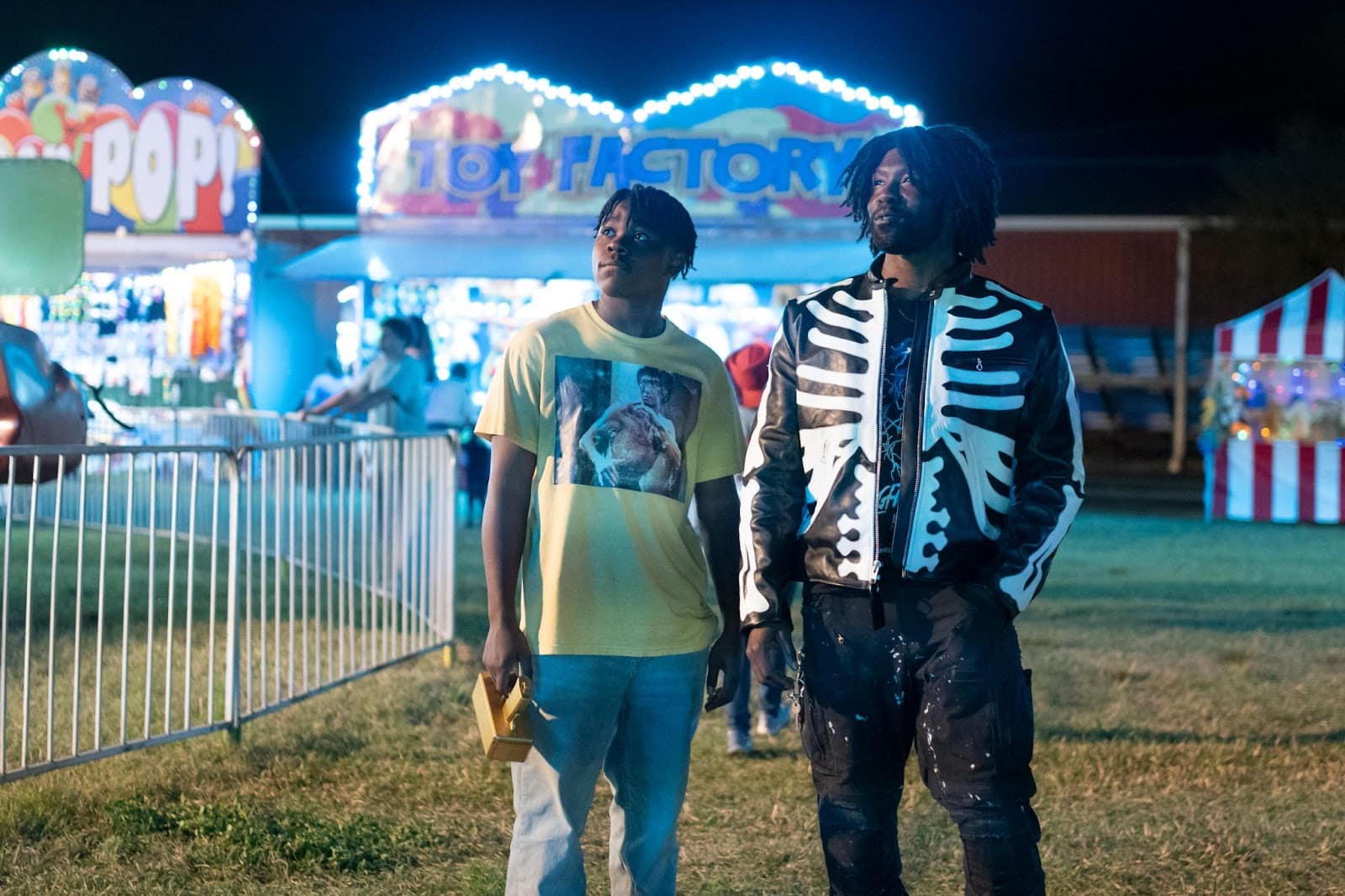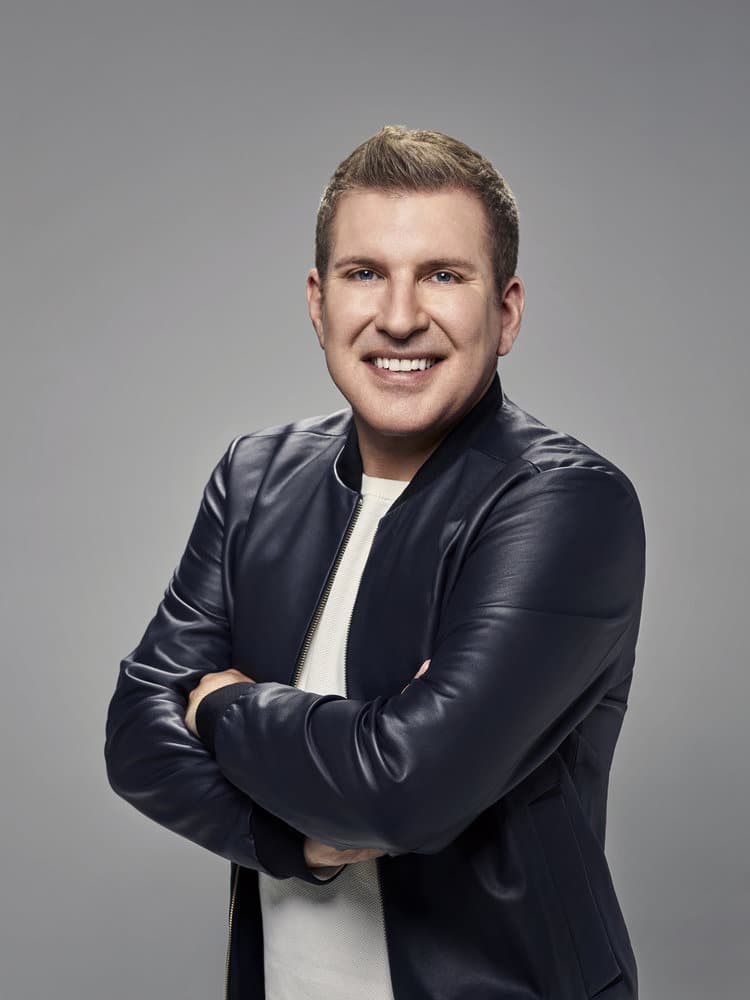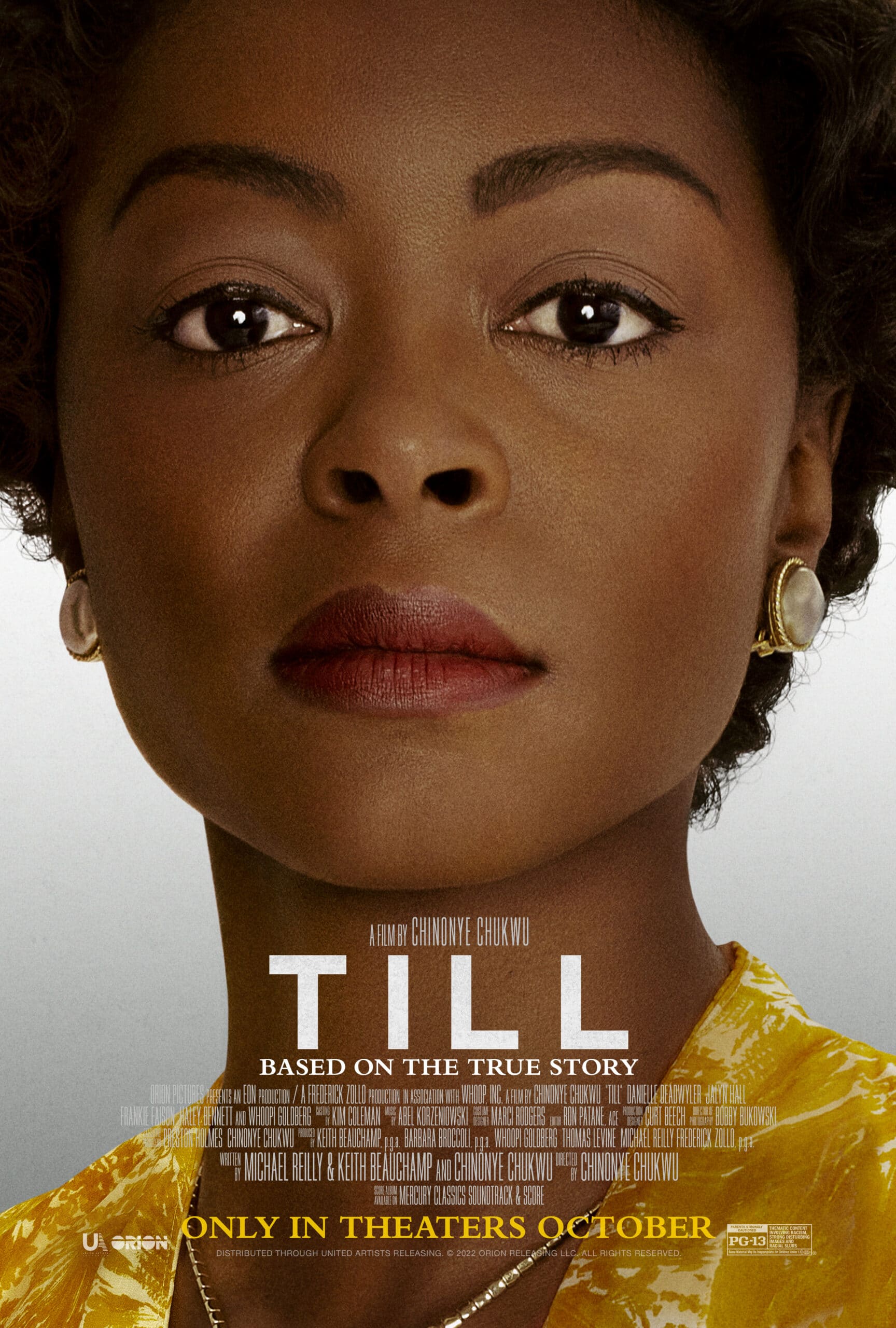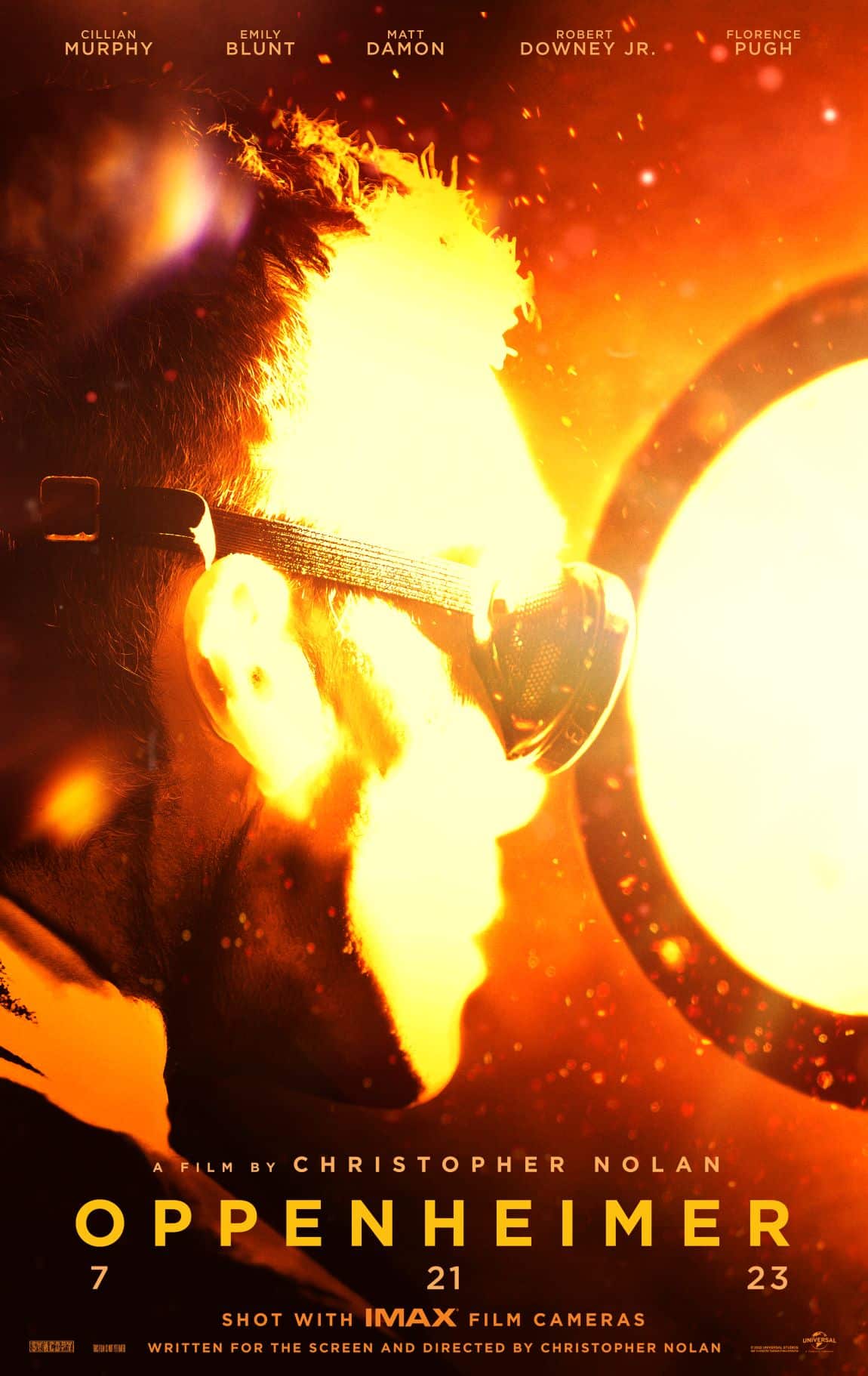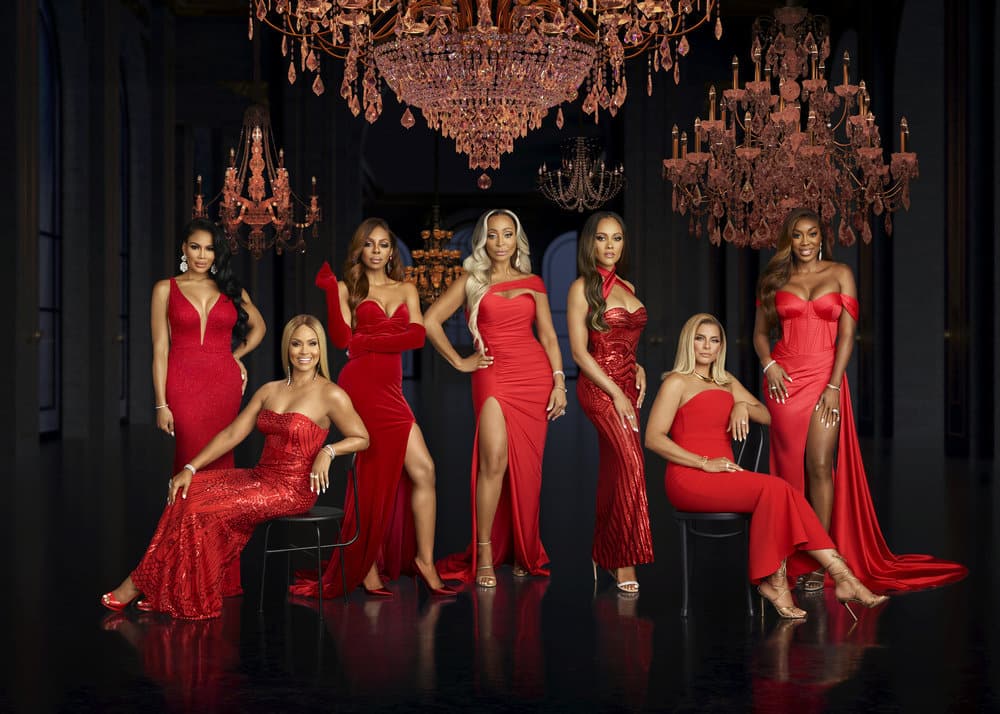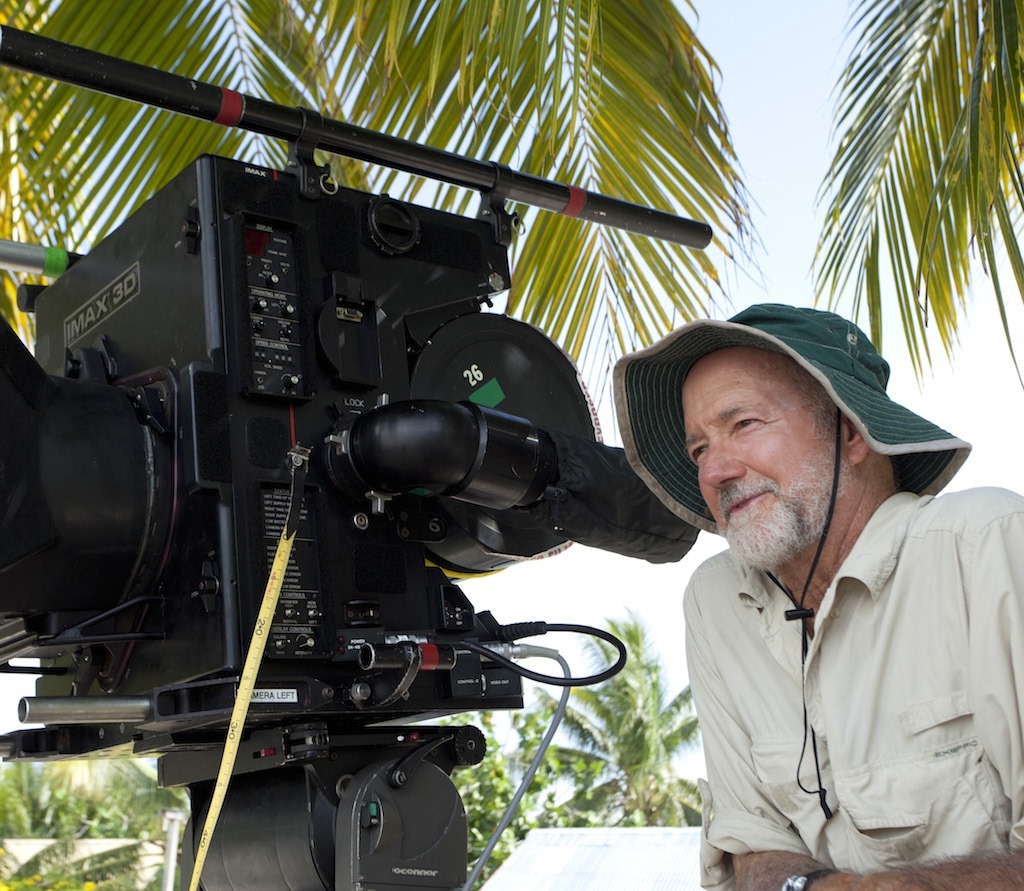Everest: Greg MacGillivray Speaks
Everest: Greg MacGillivray Speaks
How would you describe Everest (what does it mean to you)?
The film is not only one of my five favorite films, but, because I initiated the project, it became the most emotional and difficult because of the tragedy. I felt like an army general, sending his troops into battle, and for months I had trouble sleeping, worrying about those troops all the time. But we hired the right people, and they worked diligently as a team to get the project completed. I could not have been more proud of a group of individuals that I’ve ever worked with.
What initially attracted you to the project (EVEREST)?
I wanted to make a film that utilized the whole verticality of the giant IMAX screen. So what better subject except the tall mountains of the Himalayas? I wanted to show audiences worldwide the beauty of those mountains, mountains that are spiritual and emotionally important to the cultures in Nepal and Tibet.
What was it like working with such a great crew?
We spent over a year finding the right team, testing them on the mountain the year before and organizing almost like a military operation. We had redundancy– if certain key members of the team got sick or injured, another person was ready to move in. David Breashears, my key cinematographer, had a back-up in filmmaker Robert Schauer, for example.
Other than the obvious unexpected disaster happening – what were some challenges of working on the project?
We spent seven months re-developing the camera that would shoot the images at the top of the mountain, making it lighter in weight and able to be completely reliable and functional at -40°F.
What are some of your favorite memories from working on it?
Because I was so nerve-wrecked for the month that the team was attempting the summit, I would say the editing was most enjoyable. We edited and tested six completely different versions of the film with audiences, trying to find the one version that would be best for the general public. We wanted the film to appeal especially to women, who are often the family’s decision makers when it comes time for family entertainment, and we worked hard to come up with a version that actually appealed to women slightly more than it appealed to men. I knew at that point that I had a success.



